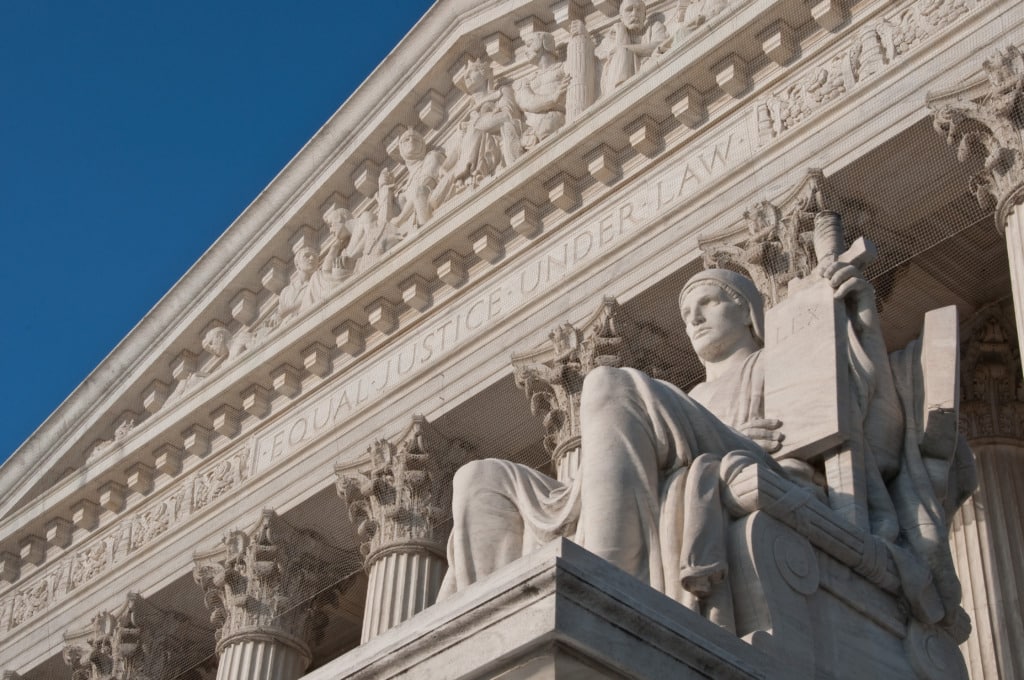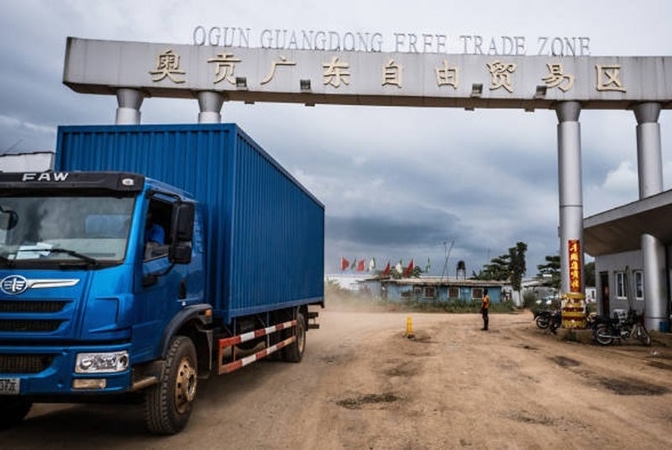Admiralty’s Influence on Transnational Procedure
Admiralty was the original site of transnational litigation in U.S. courts. Given the breadth of admiralty jurisdiction, the federal courts developed a number of procedural tools for balancing international comity and practical concerns in these international business disputes. Just because a foreign ship showed up in a U.S. port, for instance, didn’t mean a U.S….
Continue ReadingOne More Thought on Halkbank
The recent Supreme Court argument in Türkiye Halk Bankasi A.S. (Halkbank) v. United States has captivated the transnational litigation community. Experts have weighed in in many forms, including on this blog. In this post, I want to add one more thought that I have not seen raised in this context. Even if the Court decides…
Continue ReadingCourt Holds that Chinese Investor May Try to Enforce Arbitral Award Against Nigeria
Over the past two decades, China has invested heavily in Africa. A recent study found that between 2001 and 2018, China invested $41 billion in African countries and loaned an additional $126 billion. Some of these investments generated disputes, and some of those disputes are finding their way to U.S. courts. In a recent decision,…
Continue ReadingFlorida Man Seeks Enforcement of Forum Selection Clause
One of the internet’s more enduring memes is that of Florida Man. Florida Man is famous for “performing irrational, maniacal, or absurd actions in the U.S. state of Florida.” Over the years, Florida Man has attacked his neighbor with a tractor, been trapped in an unlocked closet for two days, fed iguanas to alligators in…
Continue ReadingD.C. Circuit Holds that Whistleblower Provision Does Not Apply Extraterritorially
In Garvey v. Administrative Review Board, the D.C. Circuit held that a whistleblower provision in the Sarbanes-Oxley Act did not apply to alleged retaliation against an employee in Hong Kong by a subsidiary of a U.S. investment bank. The opinion carefully applies the Supreme Court’s two-step framework for the presumption against extraterritoriality to the whistleblower…
Continue ReadingCentral Bank Immunity, Afghanistan, and Judgments Against the Taliban
International law and U.S. foreign policy provide powerful reasons to require clearer direction from the political branches before ordering the turnover of Afghan central bank assets to U.S. judgment creditors. [This post also appears on Lawfare]. Afghan central bank assets in the United States were frozen by President Biden following the Taliban’s takeover of the…
Continue ReadingHome Isn’t Just Where the Nerve Center Is
An opinion last month issued by a Texas appellate court illustrates a tempting but potentially dangerous doctrinal shortcut: applying a test developed for subject matter jurisdiction to the analysis of general personal jurisdiction. The diversity statute (28 U.S.C. § 1332) defines a corporation’s citizenship as its place of incorporation and its “principal place of business”…
Continue ReadingA Primer on Service of Process
Serving process on a defendant does two things: (1) it asserts the court’s authority over the defendant; and (2) it provides the defendant with notice of the lawsuit. In the United States, process can be served by private parties. But many foreign states regard service as a public act that can be done only by…
Continue ReadingThe Media Coverage of Turkiye Halk Bankasi, in Review
Last week, the Supreme Court heard oral arguments in Turkiye Halk Bankasi A.S. v. United States, a criminal case originating in the Second Circuit. The defendant, Turkiye Halk Bankasi A.S. (“Halkbank”), is a foreign state-owned commercial bank, headquartered in Istanbul, and a subsidiary of the Turkish government’s sovereign wealth fund. Charged with laundering over $1…
Continue ReadingNew Scholarship on Anti-Suit Injunctions
Raghavendra R. Murthy, outgoing Editor-in-Chief of the Vanderbilt Law Review, has published a note on antisuit injunctions and patent litigation: Why Can’t We Be FRANDs?: Anti-Suit Injunctions, International Comity, and International Commercial Arbitration in Standard-Essential Patent Litigation. The note explores the rise of anti-suit injunctions related to the licensing of “standard-essential patents.” Owners of such…
Continue Reading




